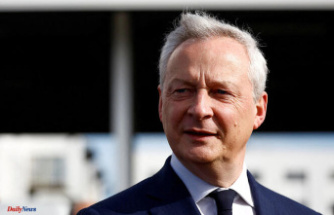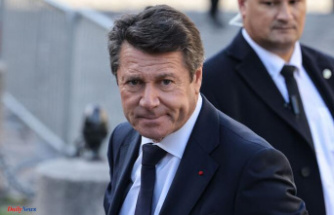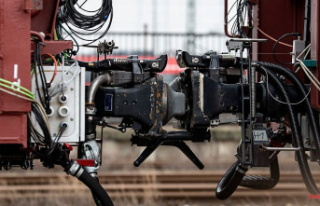Since the introduction of the controversial security law in Hong Kong, there have been repeated protests and arrests. Now, for the first time, young people have to be imprisoned for "conspiracy to incite". They are said to have called for an uprising against China.
For the first time, four minors have been sentenced in Hong Kong under the so-called security law. The judge reasoned that their calls to overthrow the Chinese government required a chilling response. The four young people, one 16-year-old and three 17-year-olds, have to serve prison sentences of up to three years in a training center - a detention center geared towards "rehabilitation" for young people between the ages of 14 and 20 - for "conspiracy to incite".
The youths are members of a little-known pro-independence group, according to the court. The court accused them of calling for a violent uprising against China at street stalls and in online networks last year. According to the public prosecutor, leaflets distributed by the group also quoted China's founder Mao Zedong as saying that revolution was "not a dinner party" but "an act of violence through which one class overthrows another".
In July 2020, the so-called Security Act came into force in the former British colony. It allows the authorities to take draconian action against any activity they deem to threaten China's national security. This includes all activities that China regards as calls for secession, subversion, collusion with foreign forces, and terrorism. In Hong Kong in 2019 there had been months of mass protests against Beijing's growing influence.
When Britain returned Hong Kong in 1997, Beijing agreed to respect the democratic freedoms that prevailed there for another 50 years, based on the "one country, two systems" principle. Critics accuse Beijing of suppressing these freedoms with the security law.












